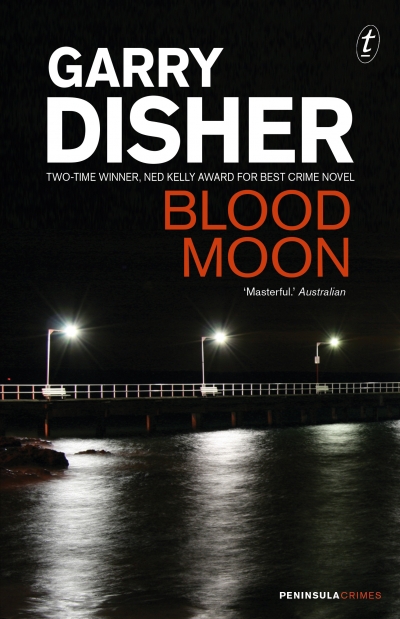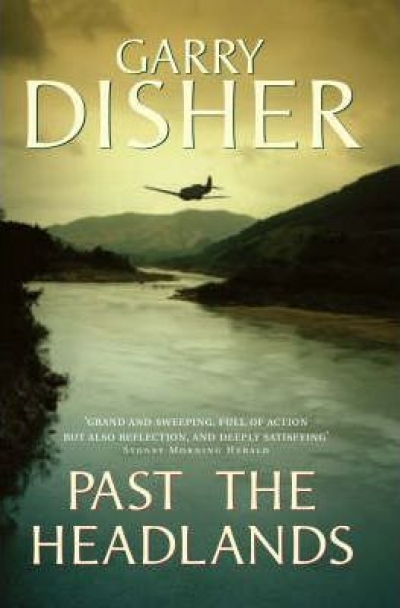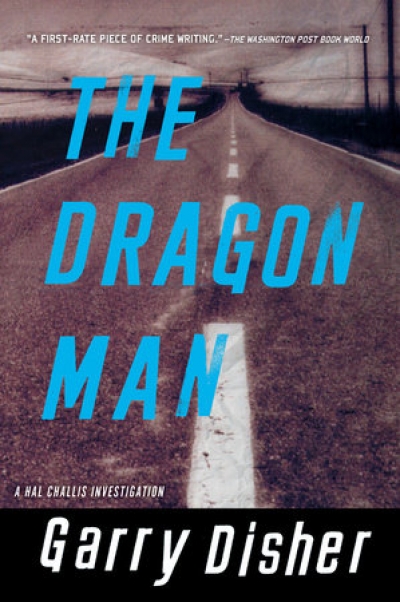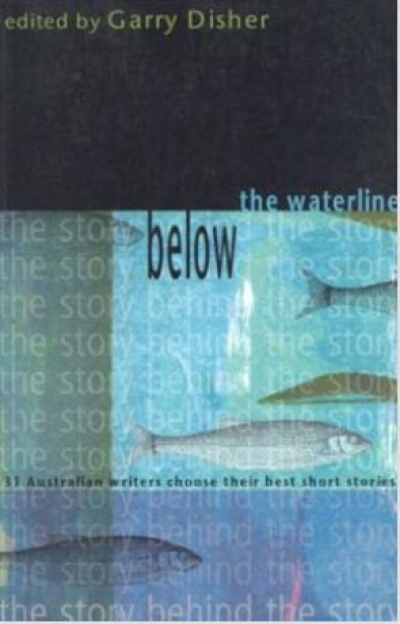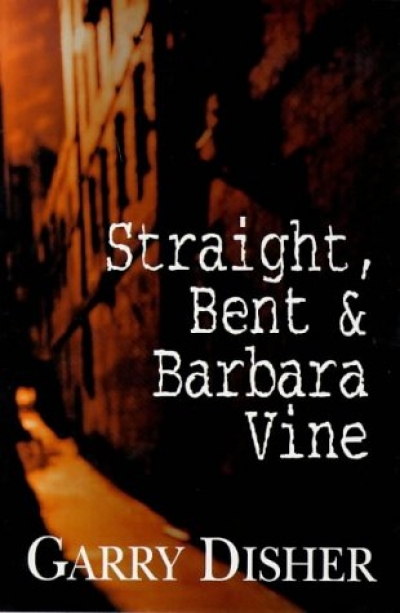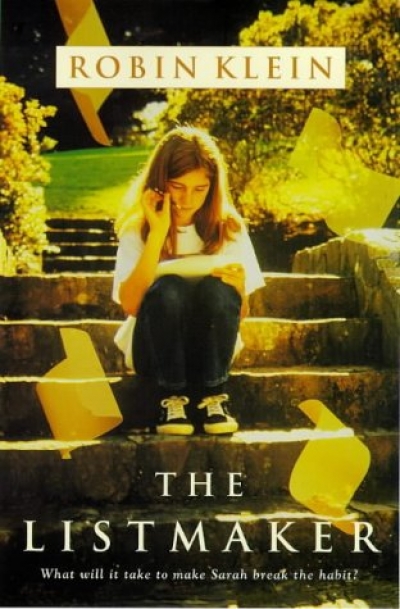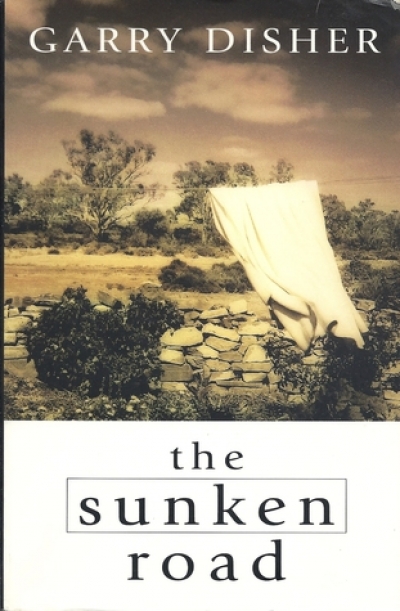Garry Disher
Dear Editor,
Defending Inga Clendinnen against my criticisms (ABR, July 2001), John Clendinnen attributes to her a controversial view about the nature of moral judgment. I don’t hold it and, if I were to judge solely by her practice, I would be surprised if she does. Be that as it may: I’ll try to put my points by keeping philosophical assumptions down as much as possible.
Personal Best edited by Tessa Duder and Peter McFarlane
Straight, Bent and Barbara Vine by Garry Disher & Raisins and Almonds by Kerry Greenwood
The Listmaker by Robin Klein & The Apostle Bird by Garry Disher
Garry Disher: The Sunken Road is a so-called literary novel. I find that I’m a bit typecast, Garry Disher the crime writer or Garry Disher the children’s writer. A lot of the fiction I’ve written is so-called more literary in nature. This is my big book, up to date, if you like. It’s a novel set in the wheat and wool country in the mid-north of South Australia where I grew up. It’s a story of the region and of a family and of a main character called Anna Tolley. I tell this story in a series of biographical fragments around a theme like Christmas, or love, or hate, or birthdays. And each fragment takes a character from childhood to old age. And I repeat this pattern right through the book and certain secrets are revealed or come to the surface through this repetition. So at that level I suppose it’s a linear story, but the structure’s not all that linear. In terms of structure it’s an advance for me, or an experiment.
... (read more)
